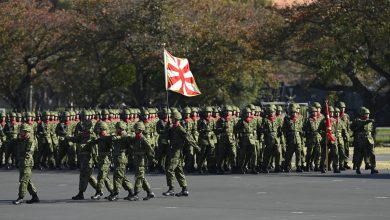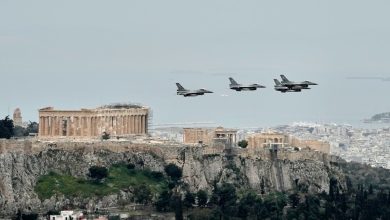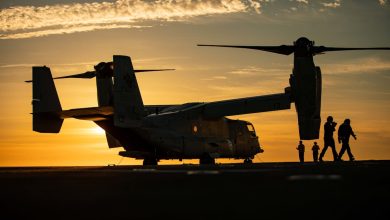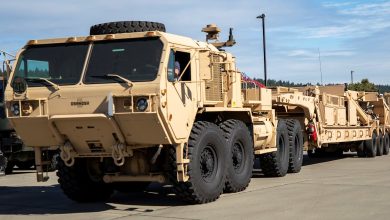Gulf countries beef up their undersea-warfare chops with European tech
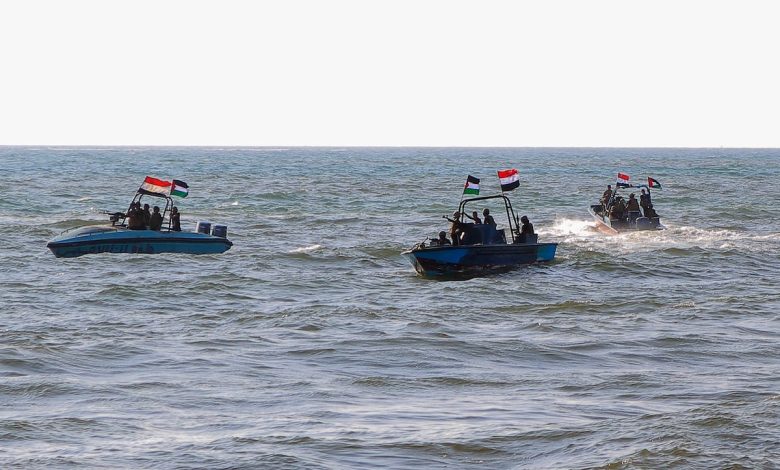
BREST, France — Gulf countries are making new investments to increase their undersea warfare capabilities, including Qatar with the purchase of Italian-made mini-submarines and Saudi Arabia with the acquisition of French towed array sonars.
The upgrades come as naval threats in the region have proliferated, turbo-charged by Yemen’s Houthi rebels targeting commercial shipping vessels in the Read Sea and the Gulf of Aden with weapons technology old and new. Supported by Iran, the group has deployed missiles and drones in addition to unmanned surface vessel, damaging cargo ships and disrupting global trade dependent on the sea route.
Saudi Arabia, which borders the Persian Gulf and the Red Sea, has attempted to bolster its underwater surveillance capabilities in part by acquiring a handful of Combined Active Passive Towed Array Sonars from Thales.
The order, which company officials here told Defense News was placed earlier this year, is for five Captas-1 sonars that will equip Saudi’s Avante 2200 corvettes manufactured by the Spanish company Navantia.
The system is the first variant of the Captas family of sonars and is designed to detect conventional submarines operating in shallow-water environments, with a range between 20 to 30 kilometers.
Other Gulf countries have chosen to invest in different technologies. For instance, in 2021, Qatar signed a contract with the low-profile Italian company M23 worth €190 million ($208 million) for the production of two small submarines.
One of the mini-submarines, destined for the Qatari Emiri Navy, was tested over the summer in Northern Italy.
“The Qataris may have chosen Italy not only because of its renowned tradition in this niche capability segment, but also because of the strong relationship that exists between Rome and Doha in the defense sector,” Federico Borsari, resident fellow at the U.S. Center for European Policy Analysis said.
He highlighted that between 2019-2023, the Gulf country was the main recipient of Italian weapons and that the two countries’ navies train together on a regular basis.
Mini-subs offer capabilities that will cater specifically to Qatar’s operational environment, Borsari explained, as they are designed to perform missions in difficult-to-access waters.
“They can act as asymmetric disrupters even against superior adversaries– they are also designed to follow the seabed’s contours and easily infiltrate harbors for covert operations, and can typically also lay minefields,” he said.
Elisabeth Gosselin-Malo is a Europe correspondent for Defense News. She covers a wide range of topics related to military procurement and international security, and specializes in reporting on the aviation sector. She is based in Milan, Italy.


